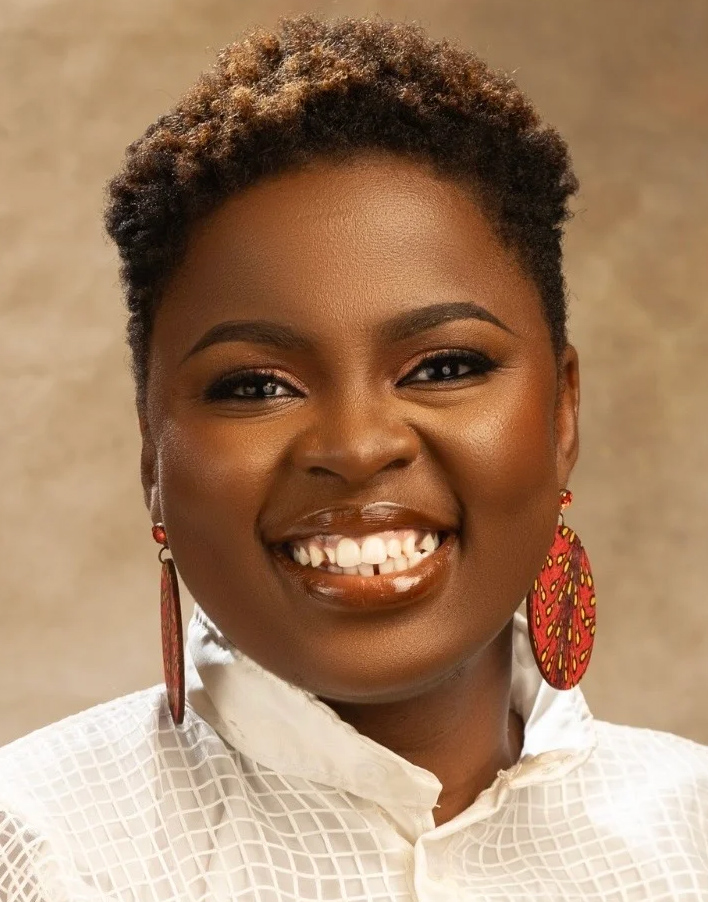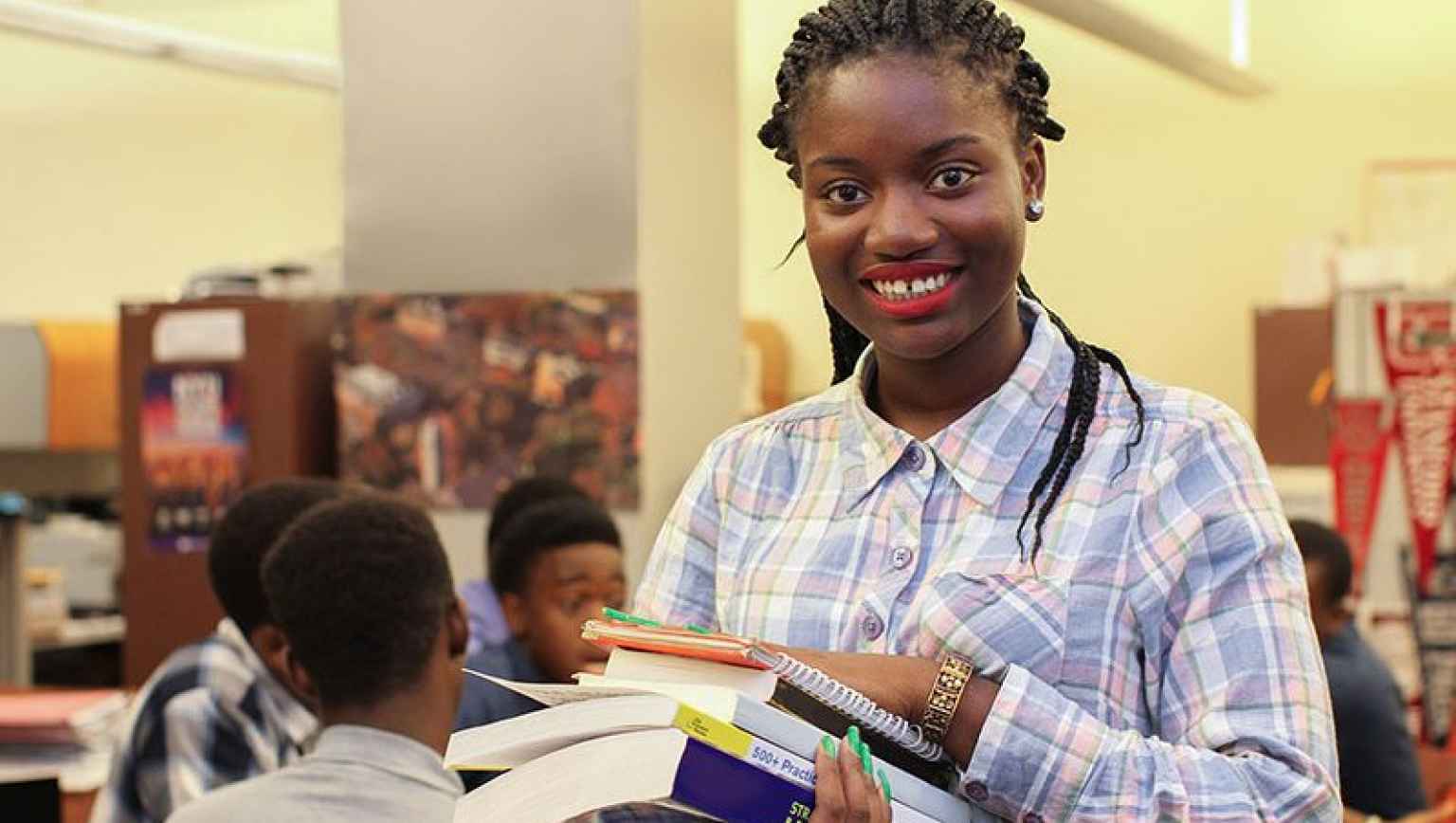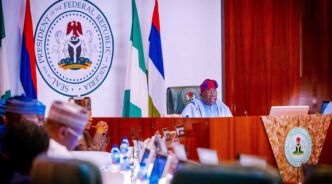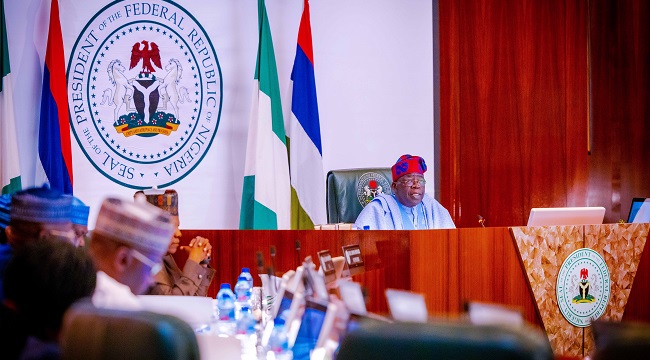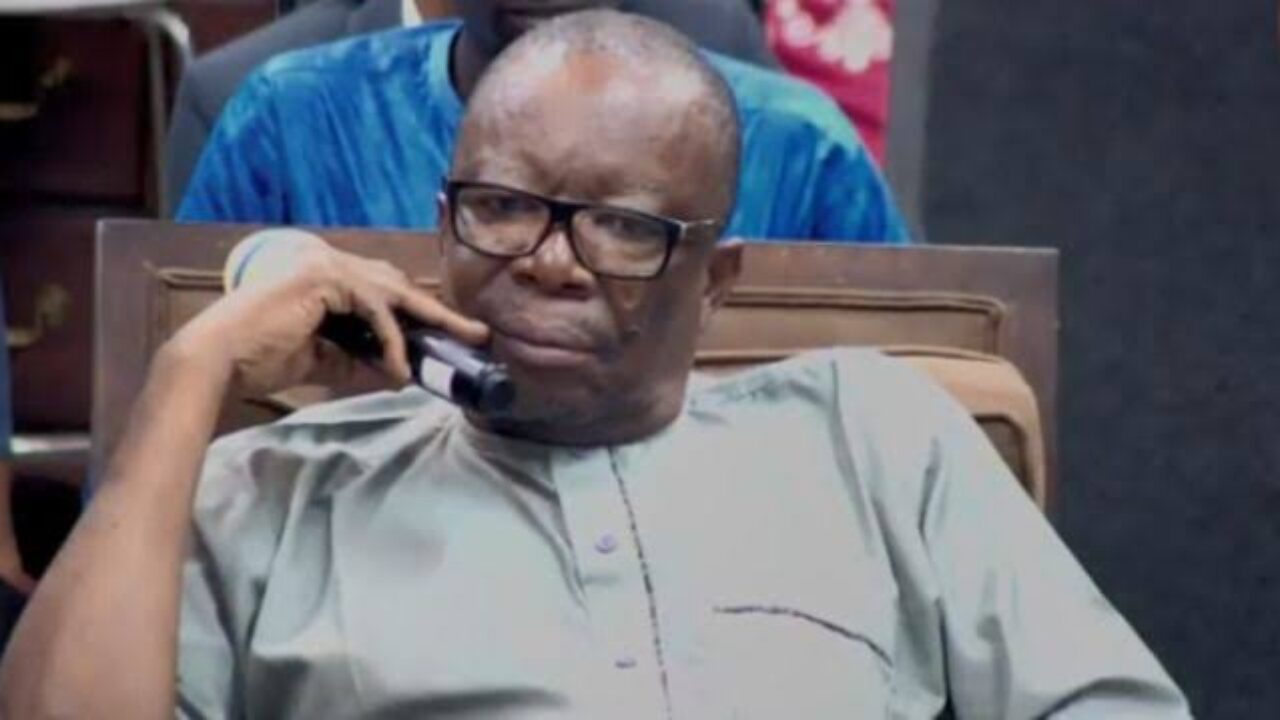I have authored several articles emphasizing the importance of professional development for higher educators with a focus on teaching. You can explore some of them here and here. In these pieces, I argued that lecturers must be trained for effective teaching, challenging the dangerous assumption that extensive discipline knowledge alone qualifies someone to teach that discipline effectively.
To illustrate what such professional development can look like, I would like to share an example in this article. Over the past two months, as part of my research, I co-facilitated a teaching-centred professional development program for university lecturers from Nigeria and the United States. This initiative, known as the Listening Project, has been ongoing for the past seven years and is hosted by Tufts University with funding from the Howard Hughes Medical Institute. I am especially pleased that, for the first time, this summer’s program included lecturers from Nigerian universities.
The Listening Project is a STEM faculty development initiative designed to support higher educators in better engaging with and understanding their students’ disciplinary thinking. What sets this project apart is its unique approach, which differs significantly from most teaching-focused professional development (PD) programs—particularly in Nigeria, where such programs are scarce.
Traditional PD often involves teaching lecturers active learning strategies and having them practice in simulated classroom environments. However, the Listening Project takes a different path by using real student materials from the classrooms of participating educators. This approach encourages educators to think more deeply and responsively about their interactions with students. Each participant was asked to bring student thinking artefacts—actual pieces of student work that demonstrate the student’s thought process, such as written assignments, or audio/video recordings of students sharing ideas in class.
Advertisement
During each session, the educators worked together to understand the student’s sense-making from the student’s perspective. A key aspect of the Listening Project is its intentional shift in focus from evaluating whether the student’s work is right or wrong to understanding what the student is trying to convey. As facilitators, we ensured that discussions moved beyond simple grading or evaluation, and instead centred on truly understanding the perspective and the sense-making journey of the student.
I believe the Listening Project is doing crucial work because it aligns with the cultural shift that Nigerian higher education urgently needs: moving from a focus on helping students simply identify and recognize answers, to guiding them in the intellectual processes of critical thinking, sense-making, and the development of complex ideas.
As a facilitator of this project, I found the experience to be enriching in many ways. I particularly enjoy observing how the multidisciplinary nature of the project often shifts lecturers toward greater empathy for their students. This transformation is especially noticeable when the group engages with student work from disciplines unfamiliar to some of the lecturers, placing them in a similar position to the students. Suddenly, they seem to realize, “The students might not always get it right, but they’re not unintelligent—they’re actually trying to make sense of this!”
Advertisement
I also appreciate how the sessions seem to instil what I call “intellectual patience” in some of the educators. It’s inspiring to see them come to the realization, on their own, that they need to approach students’ work with greater patience and an anti-deficit perspective. To truly help students engage in a deep conceptual understanding of disciplinary ideas, rather than just rote memorization, educators must be willing to patiently accompany them on their sense-making journey. This reminds me of the words of Professor Eleanor Duckworth, an Emeritus Education Researcher at Harvard:
“Teachers are often, and understandably, impatient for their students to develop clear and adequate ideas. But putting ideas in relation to each other isn’t a simple job. It’s confusing and this confusion does take time. All of us need time for our confusion if we are to build the breadth and depth that give significance to our knowledge.”
To help tertiary students develop knowledge that is deep, broad, and significant—a crucial foundation for empowering them with the intellectual agency to become problem solvers—we must create spaces where their ideas can be shared, valued, and thoroughly engaged with. This can only happen if higher educators are willing to approach students’ thinking with greater respect and attention, treating them as co-creators of knowledge rather than mere recipients of hand-me-down information and pre-packaged knowledge. Higher education must establish platforms that recognize students as having intellectual agency, capable of generating and developing complex thoughts and ideas, with their thoughts deserving attentive listening and productive engagement. I hope to see the Listening Project model replicated in more tertiary institutions across Nigeria.
Oluwatoyin is a STEM Education Doctoral Researcher, Social Impact Founder and Education Policy Advocate. She writes from Nigeria and the United States. She can be reached at [email protected] or on LinkedIn here.
Advertisement
Views expressed by contributors are strictly personal and not of TheCable.
Add a comment
